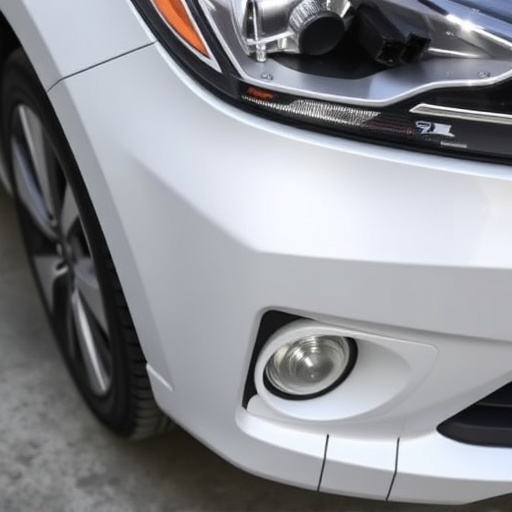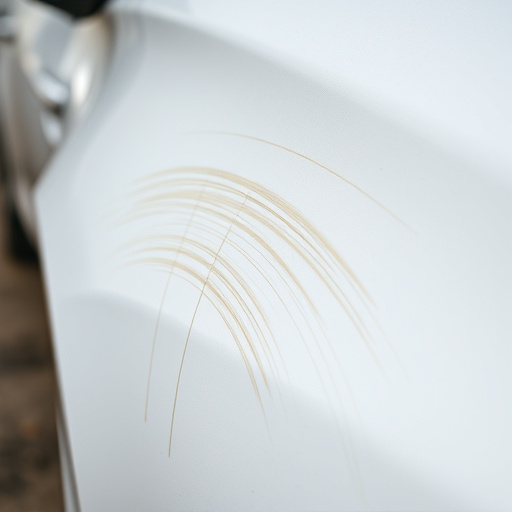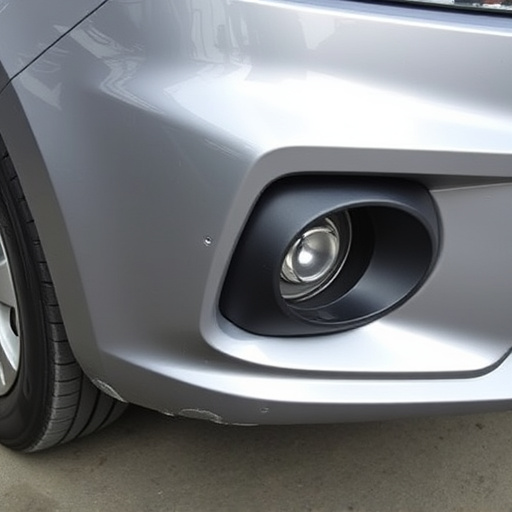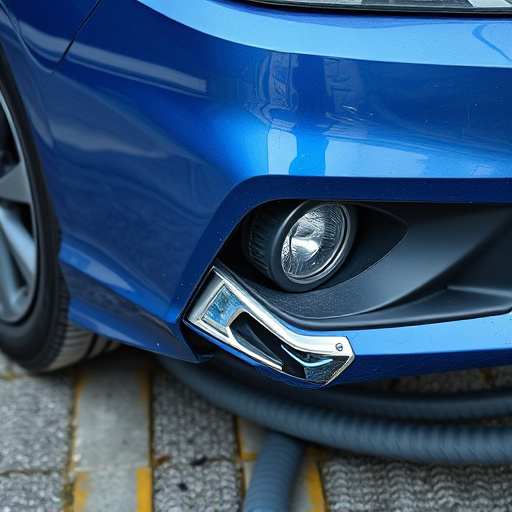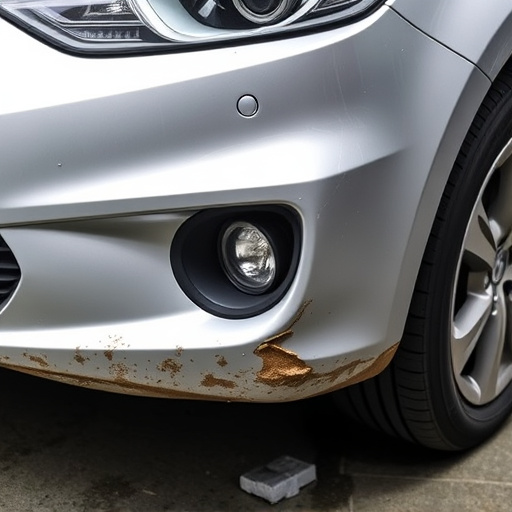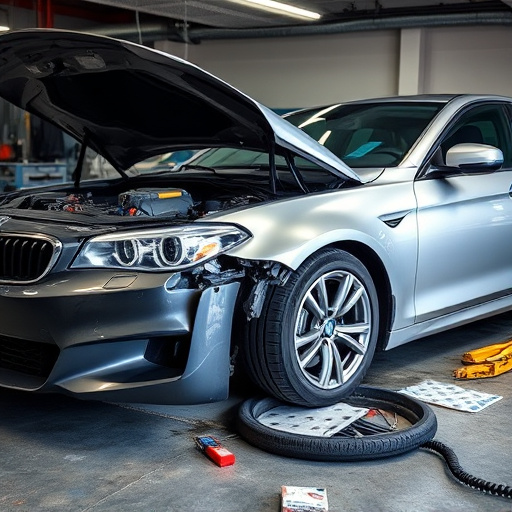Collision repair scheduling is a complex task for auto shops, especially with varied warranty needs and high-volume vehicles. Advanced planning, communication, and specialized software are crucial to manage overlapping repairs, ensure urgency, safety, and warranty compliance. Effective strategies involve prioritizing tasks, accurate turnaround time estimates, and meticulous adherence to manufacturer standards, ultimately enhancing customer satisfaction and preserving warranties.
Collision repairs can significantly impact a dealership’s service operation, especially with warranty considerations. This article delves into the critical aspect of repair scheduling collision management, offering a strategic approach to ensure smooth operations and warranty compliance. We explore common challenges, starting with understanding the intricate dynamics of collision repairs and their unique scheduling demands. By examining warranty requirements, we provide insights on navigating these complexities effectively, ultimately enhancing service efficiency and customer satisfaction.
- Understanding Repair Scheduling Collision
- Navigating Warranty Compliance Requirements
- Implementing Effective Strategies for Collision Repair Scheduling
Understanding Repair Scheduling Collision

Repair scheduling collision is a complex challenge faced by many automotive service centers, especially when managing a high volume of vehicles with varying warranty requirements. This issue arises from the overlapping needs for vehicle bodywork repairs, such as car scratch repair and car dent repair, which often require immediate attention while adhering to manufacturer warranties.
Effective management involves sophisticated planning and communication. By prioritizing repairs based on urgency, impact on safety, and warranty constraints, service centers can minimize delays and ensure customer satisfaction. Advanced scheduling software that considers these factors can play a pivotal role in streamlining the process, allowing for efficient handling of collision repairs while maintaining compliance with stringent warranty guidelines.
Navigating Warranty Compliance Requirements
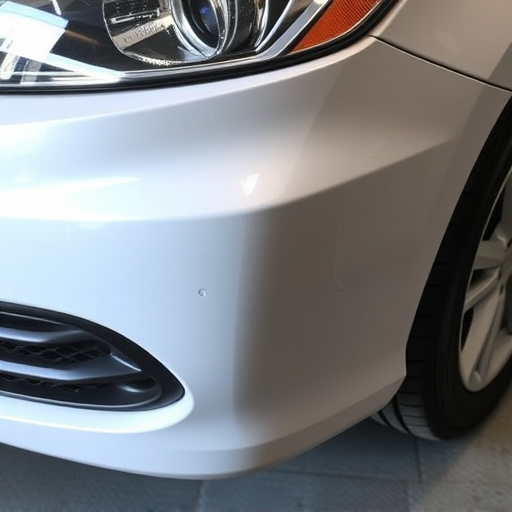
In the realm of automotive services, ensuring warranty compliance is paramount for both repair shops and vehicle owners. Navigating warranty compliance requirements involves a meticulous process, especially when addressing repair scheduling collision cases. Every car restoration or auto body repair must adhere to the stringent standards set by manufacturers to maintain the integrity of the vehicle’s original design and performance.
When a collision occurs, the challenge lies in balancing efficient repairs with meeting warranty criteria. Proper repair scheduling collision strategies are essential to guarantee that all work is documented, parts are replaced according to manufacturer specifications, and any modifications are approved. This meticulous approach ensures that the car body repair process not only restores the vehicle to its pre-collision condition but also preserves the warranty, providing peace of mind for owners who invest in quality repairs.
Implementing Effective Strategies for Collision Repair Scheduling
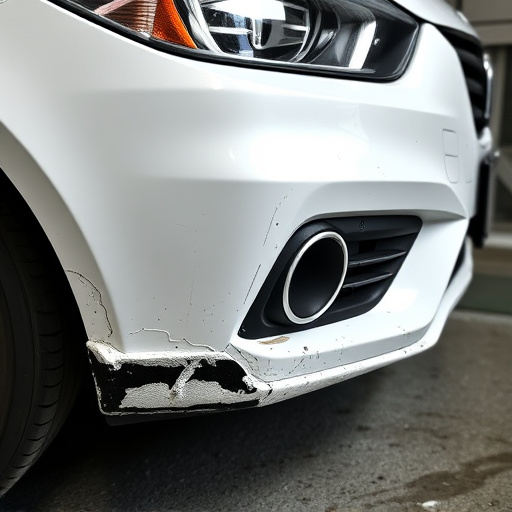
Implementing effective strategies for collision repair scheduling is paramount to ensuring smooth operations and maintaining warranty compliance at an auto repair shop or vehicle body shop. The key lies in prioritizing tasks based on severity, estimating accurate turnaround times, and managing resources efficiently. Utilizing advanced scheduling software can automate these processes, providing real-time updates and minimizing delays caused by unforeseen circumstances, such as hail damage repair.
By integrating a structured approach to repair scheduling collision, auto repair shops can enhance customer satisfaction and reduce costs. Streamlined workflows allow for better communication between departments, expediting the process from initial assessment to final handover. This not only guarantees faster turnaround times but also maintains the highest standards of workmanship, ensuring every vehicle leaves the shop in pristine condition, fulfilling warranty requirements without incident.
In conclusion, effective repair scheduling collision management is paramount for maintaining warranty compliance. By understanding the intricacies of collision repair scheduling and implementing strategic approaches, automotive businesses can streamline operations, reduce costs, and enhance customer satisfaction. Embracing digital solutions and prioritizing efficient workflow management are key steps towards ensuring every repair meets warranty standards, fostering long-term business success.




